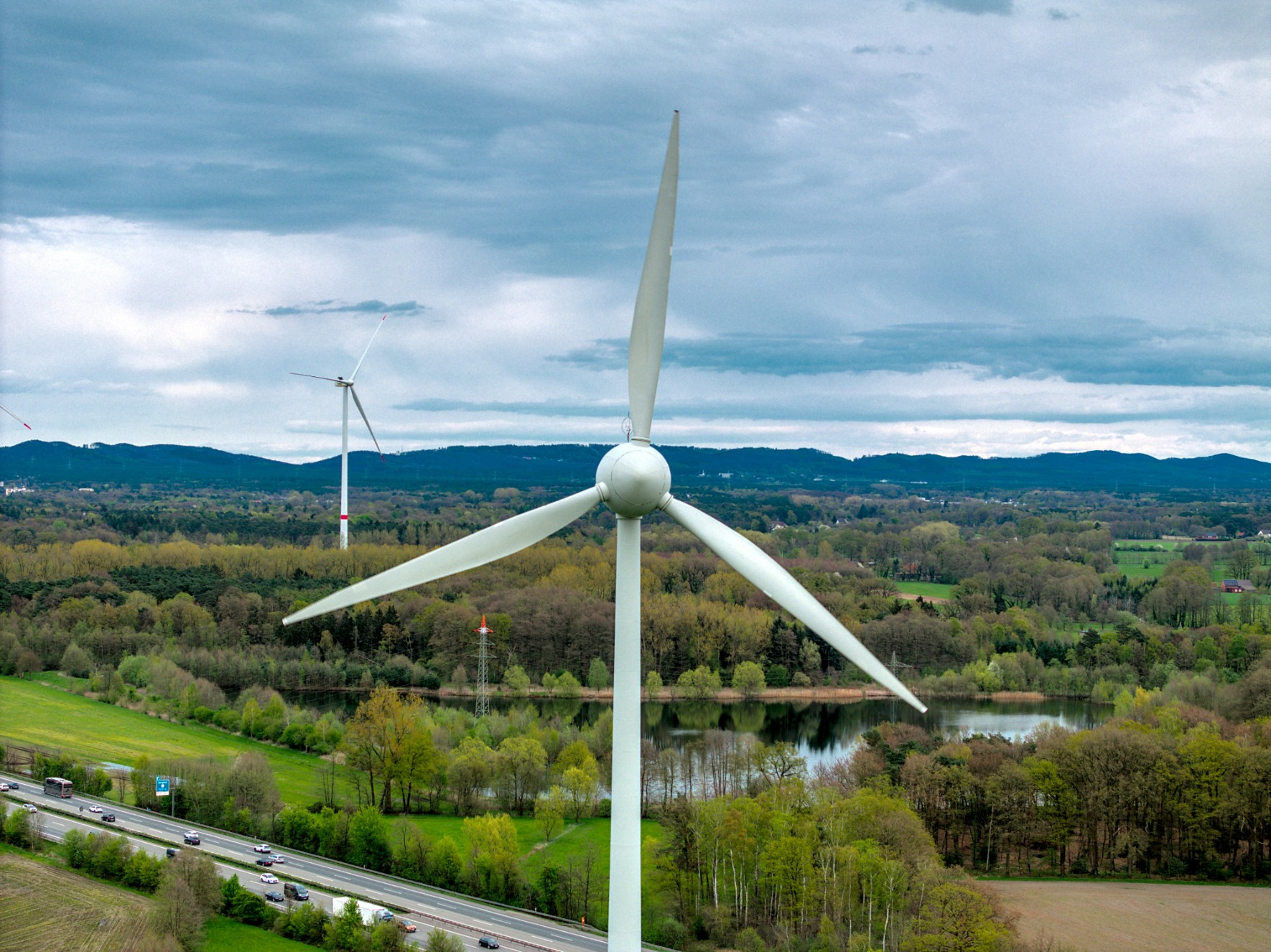The Ethical Dilemmas of Renewable Energy: Balancing Sustainability with Social Responsibility
The Ethical Imperative of Renewable Energy
As the world increasingly turns to renewable sources like solar, wind, and hydropower to tackle the devastating effects of climate change, the ethical considerations surrounding these technologies are brought to the forefront. The ethics of renewable energy is a topic that’s both fascinating and complicated, mixing environmental responsibility with questions of fairness and social impact. As we ramp up efforts to shift to renewable sources, it’s worth taking a step back to think about the ethical implications of these technologies.
A Closer Look at the Ethical Dilemmas
At first glance, switching to renewable energy seems like a no-brainer from an ethical standpoint. Fossil fuels have a devastating impact on our planet, driving climate change, polluting our air and water, and wiping out species. Moving toward cleaner energy sources is not just smart, it feels like a moral duty. If we care about leaving a liveable world for future generations, we need to cut our carbon emissions, slow down global warming, and protect what’s left of our natural world. The argument here is simple: we owe it to the planet and to each other to make this shift.
But, upon closer inspection, it’s not always that simple. The rollout of renewable energy comes with its own set of ethical dilemmas. For example, large-scale projects like wind farms or solar fields can have big impacts on local communities—often those that are already marginalised or vulnerable. These communities might end up dealing with the downsides, like disrupted ecosystems or altered landscapes, while getting very little in return. This raises tough ethical questions that cannot simply be overlooked.
 |
The Impact of Large-Scale Renewable Projects on Local Communities
Then there’s the issue of how renewable energy technologies are made. The production of solar panels, wind turbines, and batteries relies on minerals like lithium, cobalt, and rare earth elements, which are often sourced through environmentally harmful and socially exploitative practices. Mining these materials can pollute water, destroy forests, and can involve serious human rights abuses. So while renewable energy is cleaner in terms of emissions, its supply chain can still cause significant harm. This complicates the idea of what "green" energy really means and suggests we need to take a broader view of sustainability that considers the entire lifecycle of these technologies.
Renewable Energy and Global Inequality
Access to renewable energy also raises ethical questions about inequality. On the one hand, renewable energy can be a game-changer for remote and underserved communities by providing reliable electricity. This can boost local economies and improve living standards. But on the other hand, the high costs of renewable technology can deepen the divide between rich and poor nations. Wealthier countries can afford to make the green transition, while poorer countries may struggle to catch up. This brings up the issue of whether richer nations have a responsibility to help poorer ones make the switch to sustainable energy.
Toward an Ethical and Inclusive Renewable Energy Future
To address these challenges, we’ll need to think about renewable energy in a way that balances environmental goals with social justice and fairness. This means pushing for better labour practices, supporting communities affected by renewable energy projects, and making sure the benefits of renewable energy are available to everyone, no matter where they live or how much money they have. It also means holding companies accountable for the environmental and social impacts of their supply chains, so that our push for a greener world does not end up harming the very people we’re trying to help.
Ultimately, the ethics of renewable energy is not just about fighting climate change—it’s about doing it in a way that’s ethical and inclusive. As we continue down the path of renewable energy, it’s important to ensure that our transition to a sustainable future is one that benefits everyone.
.png)
Who are ersg?
Established in 2008, ersg is an award-winning international leader in recruitment and staffing services to global energy, renewables, engineering and power. We provide both white- and blue-collar workers to some of the most reputable global brands, with global offices in the UK, Europe, US & Asia.
What we do
We provide innovative resourcing solutions to meet client’s needs, including Contract, Perm/Direct Hires and Workforce Solutions.
How can ersg help you?
Our consultants utilise their global network of candidates to deploy an in-depth knowledge of the renewables industry. We are highly specialised within candidate skill set verticals that are applicable across the full project life cycle. This has led to unparalleled relationships with our candidates, ensuring we are often the "go-to" agency for professionals looking for a job in renewable Energy.
